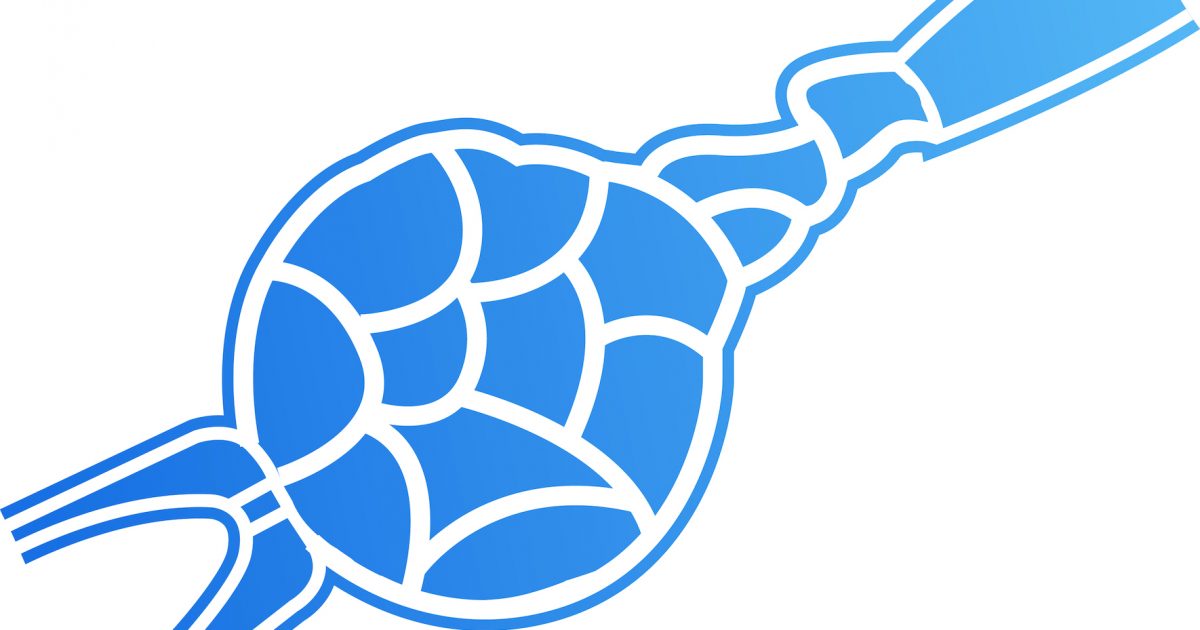Angelica Cheng
Active Member
Should I Do PGT Testing with Donor Eggs? (cofertility.com)
(128) Is PGD necessary when doing IVF with Egg Donation? - YouTube
Donor oocyte recipients do not benefit from preimplantation genetic testing for aneuploidy to improve pregnancy outcomes - PMC (nih.gov)
Do donor oocyte recipients benefit from preimplantation genetic testing for aneuploidy(PGT-A) to improve pregnancy outcomes? - Fertility and Sterility (fertstert.org)
(128) Is PGD necessary when doing IVF with Egg Donation? - YouTube
Donor oocyte recipients do not benefit from preimplantation genetic testing for aneuploidy to improve pregnancy outcomes - PMC (nih.gov)
Do donor oocyte recipients benefit from preimplantation genetic testing for aneuploidy(PGT-A) to improve pregnancy outcomes? - Fertility and Sterility (fertstert.org)
Last edited:



